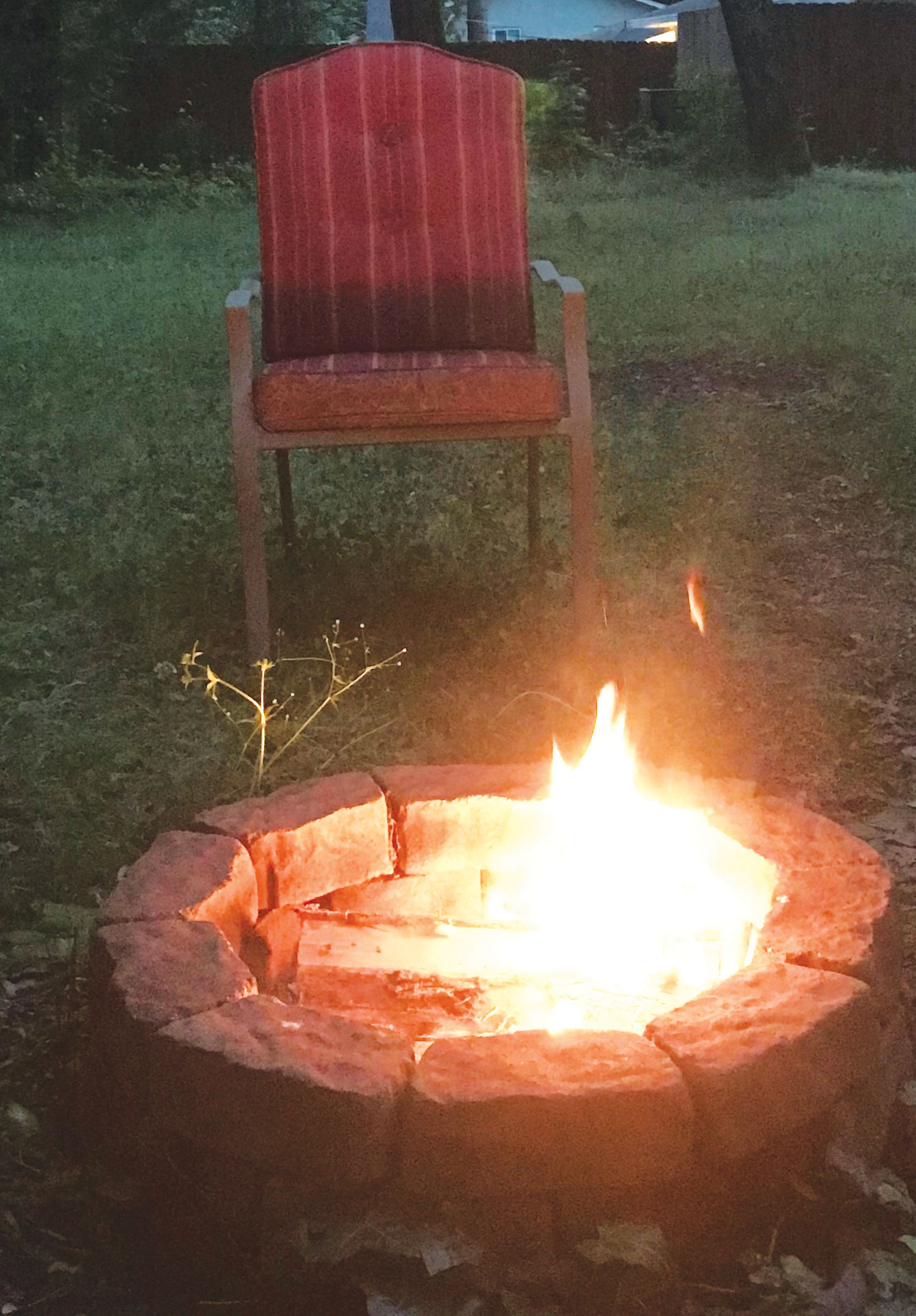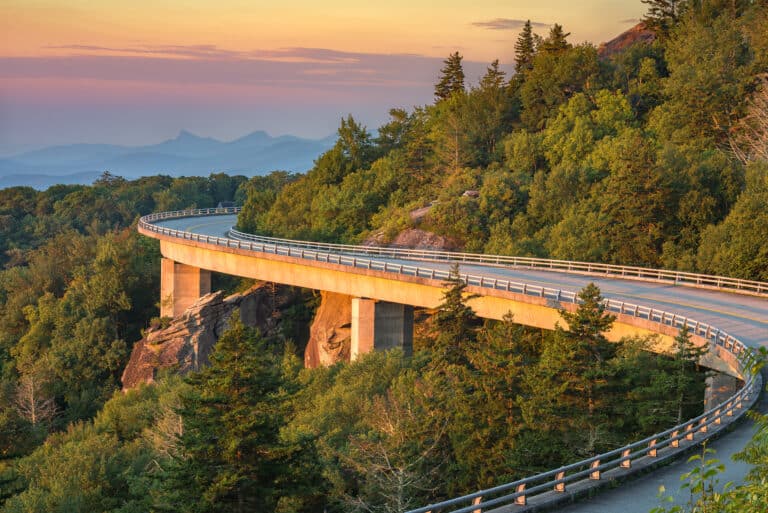In the last two months, I haven’t refinished any furniture, built any shelves, or painted any bathrooms. There is no new garden, no reorganized closets. For me, pandemic activities have been limited to working and walking, cooking and baking, reading and resting, or trying to. And, of course, zoom zoom zoom.
I was raised to follow rules; obedience and anxiety have succeeding in keeping me almost entirely at home, away from others. My husband goes to the grocery store. We chat with neighbors from a safe distance when we cross paths on walks.
So it felt momentous when I declared myself ready for our first socially distant hang, a backyard fire with a neighbor. I set out three chairs around the fire pit at three, six, and nine o’clock, with several feet in between. My husband and I could have sat closer but it did not feel right.
While he built the fire, I sat and stared at the empty chair across from me, as it if were Passover and we were waiting for Elijah’s visit. Instead, Dan showed up.
We exchanged the new pleasantries, which have morphed from the standard How are you I’m fine to something more complex and absorbing, an intimate surf through our anxieties and cautions. Dan was continuing to distantly visit with his nearby family, but only outdoors and without embrace. Our extended, aging family lives in New York City, where they are shut up in their apartments like lab rats, safe so far. I worry about them and volumes of vulnerable people: the underpaid essential workers, the kids who relied on school to get fed, the immunocompromised, the homeless, the unemployed, the uninsured, the undocumented. Over the flicker of the fire, we talked about masks, grocery washing, canceled vacations and concerts, the new touchstones of our transformed existence.
The conversation finally turned away from the pandemic. Dan was reading a book about lucid dreaming practices of Tibetan monks. I am halfway through David Foster Wallace’s thousand page novel, Infinite Jest. We talked about board games and quantum mechanics—I listened—while the sun sank and the light grew thinner, finally collapsing into night. The blackness felt necessary, showing us the stars, blocking out the worry of the world.
We made s’mores, Dan from a plate we prepared with careful, clean hands—untouched marshmallows shaken directly from the bag, still wrapped chocolate bars and graham crackers. They were delicious, some of the best I’ve ever had, tasting of childhood and freedom and pleasure and joy. We are living in tiny times, where a very small thing can bring on a big feeling. A burnt dinner, a bad night’s sleep, a scratchy throat can feel catastrophic. And a warm marshmallow on a graham cracker gooey with chocolate can approach nirvana.
I’ve struggled with joy these months—it seems selfish, dangerous even, in a time when so many are suffering. But as I wiped the chocolate from my chin and watched the smoke rise toward the sky, I felt that long lost friend sidle up. And I remembered there’s a lot I don’t worry about: my overgrown, janky hair, my inability to wear what a friend calls “hard pants.” I don’t worry about what we eat for dinner or the pounds I’ve put on from sweets and wine. I don’t worry about the dentist appointment I’m very overdue for, or even my job. I am grateful to have it now and have no control over if it goes away. The winds of the world are blowing fiercely, so hard some of us have been pushed into acceptance, that tricky word the meditation podcasts keep mentioning.
I perfected my firebuilding skills during a wintertime writing residency in the Georgia mountains. Nested amid the logs and kindling were crumpled pages from my notebook, handwritten drafts I’d typed and no longer needed. I stirred and stoked, waiting for the heat to build, drawing on the patience writing has taught me. Fire fills me with a sense of wonder, recalling our ancestors whose survival depended on it, who, when the food was cooked, stayed by the flames to share stories. I wonder what the story of this time will be, what we will think and feel when we look back years and decades later.
Fire can be a life-giving force, as well as a destructive one. Currently, it is an expression of rage, a reckoning of accumulated hurt. It doesn’t resemble a controlled burn in a forest, but I wonder if the principles are the same—to make way for new, healthy growth, we must shed, we must clear. Destroy to rebuild. As the world burns, I watch the hummingbird outside my window, write sentences when they come to me, and hold my breath, waiting to see what’s next.








